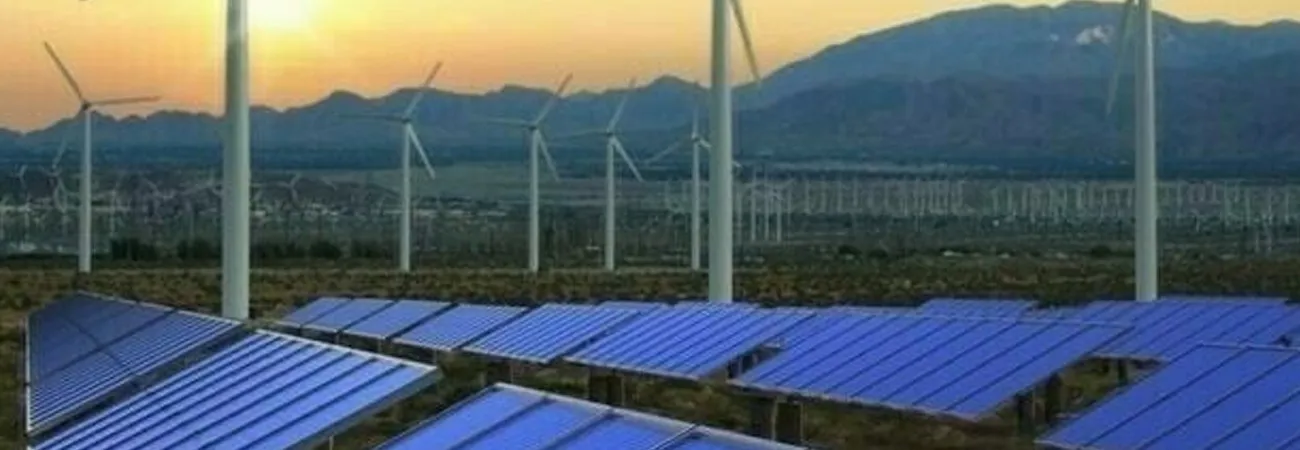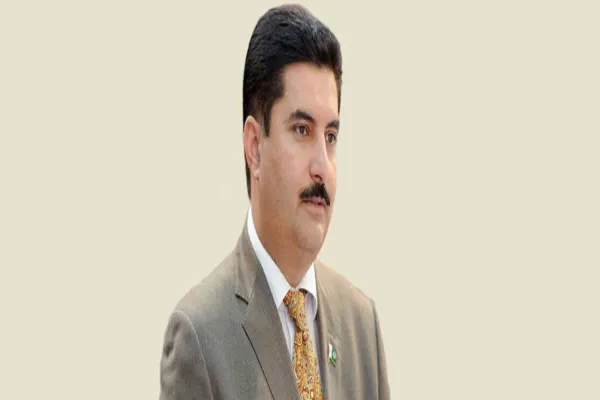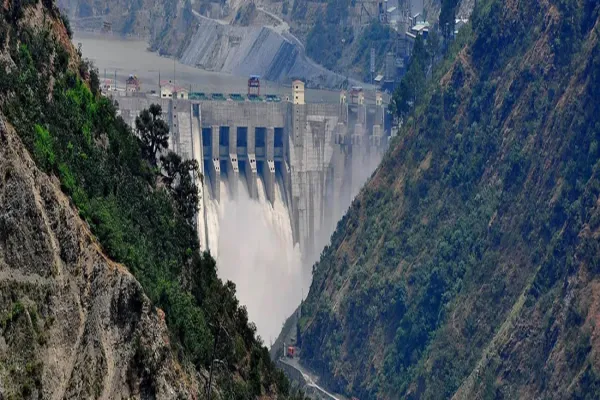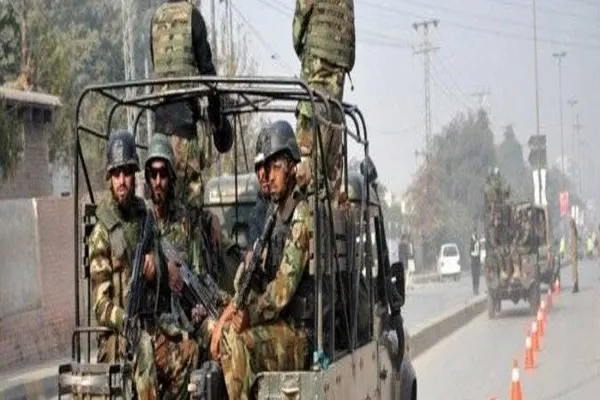i NEWS PAKISTAN
National and international experts have called for scaling up local renewable energy (RE) manufacturing, modernizing power grid, power market regulations, and leveraging technological innovations to drive Pakistan’s clean energy transition. These views were shared at the 7th International Conference on Energy, Environment, and Sustainable Development, hosted by Mehran University of Engineering and Technology (MUET) Jamshoro, where international key note speakers, energy leaders, researchers, academics, and policymakers outlined a roadmap for climate resilient energy future.
Prof. Dr. Peng Wang of the Chinese Academy of Sciences, China, underscored the importance of Pakistan-China collaboration in RE technology transfer and indigenous development through research and development projects. He affirmed China’s willingness to support Pakistan’s renewable energy ambitions, particularly in the local production of photovoltaic panels, wind turbines, inverters, and battery storage. During his keynote talk, Engr. Irfan Ahmed, an energy consultant, emphasized the urgency of adopting a "Make in Pakistan" strategy to reduce reliance on imported energy equipment and strengthen domestic manufacturing.
He highlighted that scaling up local production of solar panels, wind turbines, inverters, and battery storage would lower costs and create a resilient energy supply chain. He stressed the need for performance-linked incentives (PLI), research and development (R&D) investments, and a national RE manufacturing roadmap to mandate 50% local value addition in RE projects. A key highlight of the conference was the integration of nuclear and renewable energy systems to enhance grid stability. Engr. Aijaz Mangi of the Pakistan Nuclear Regulatory Authority, in his plenary talk, discussed the technical and regulatory framework for hybrid nuclear-renewable grids.
He stressed that incorporating nuclear alongside wind and solar power could provide a stable baseload supply, improving the reliability of Pakistan’s energy infrastructure. Experts also called for grid modernization and digital transformation to improve power distribution efficiency. Mr. Saquib Saeed, in his session on condition monitoring of wind farms, highlighted the role of AI-driven predictive maintenance and smart forecasting in minimizing system failures and energy losses. He noted that advanced wind turbine diagnostics could significantly improve generation efficiency, particularly in Jhimpir and Gharo wind corridors.
Prof. Dr. Bhawani Shankar Chowdhry of MUET Jamshoro, in his talk on ICT applications in energy informatics, emphasized the use of big data, artificial intelligence, and IoT-based energy management systems to optimize power distribution and enhance demand-side efficiency. He advocated for blockchain-based peer-to-peer energy trading, allowing direct transactions between renewable generators and consumers, ultimately lowering costs and improving market efficiency. The conference also stressed the urgent need to develop a robust domestic electric vehicle (EV) industry.
Prof. Dr. Shafique Odhano of Newcastle University, UK, emphasized that local EV and battery manufacturing could significantly reduce Pakistan’s oil import bill and urban air pollution. He urged policymakers to accelerate the expansion of charging infrastructure along highways and in major urban centers, while offering targeted incentives for two- and three-wheeler EV adoption to increase accessibility and affordability. Shafqat Hussain Memon, Academic Researcher from MUET, emphasized the growing potential of renewable DC microgrids in delivering affordable, reliable, and scalable energy solutions for off-grid communities.
He noted that DC technology, once considered limited, is rapidly advancing, with DC-based products becoming more efficient and accessible due to ongoing research and development. This progress positions DC micro- and nano-grids as a transformative alternative expand energy access for both electricity and clean cooking solutions. Memon further highlighted that declining solar panel and battery storage costs are making off-grid energy schemes like mini- and microgrids more viable and cost-effective, ensuring sustainable electrification for remote and underserved regions.
He called for community-driven models based on public-private partnerships to scale up mini-grid deployment in Sindh and Baluchistan, ensuring 100% rural electrification by 2030 through inclusive, sustainable, and locally adaptable energy solutions. Speakers further highlighted the role of academia and entrepreneurship in driving the energy transition. Mr. Noor Mohammad Bajeer, CEO of the Civil Society Support Program (CSSP) Pakistan, proposed the establishment of an Energy Transition Centre at MUET to foster collaboration between researchers, industry leaders, and policymakers.
The centre, he suggested, would serve as a hub for RE innovation, technology commercialization, and policy research. Additionally, he recommended the creation of renewable energy startup incubators to nurture homegrown clean-tech enterprises focused on solar PV, battery storage, and smart grid solutions. A major takeaway was the need to develop specialized energy degree programs to equip future energy professionals with the necessary skills for a low-carbon economy. Experts called for advanced courses on renewable energy systems, grid modernization, and climate finance to ensure a technically competent workforce capable of leading Pakistan’s energy transition.
Presenting the conference’s key recommendations, Dr. Nayyar Hussain Mirjat from MUET he highlighted that, with a strong emphasis on local manufacturing, grid modernization, financial mobilization, regulatory reforms, and technology-driven solutions, the conference outlined a strategic pathway toward a sustainable, resilient, and economically viable energy future for Pakistan. Summing up the discussions, Prof. Emertius Prof. Dr. Mohammad Aslam Uqaili (Former Vice Chancellor MUET) concluded, “What a mess in the power sector! Instead of lamenting what cannot be done, we should focus on what can be done.”
He emphasized that Pakistan has the solutions to overcome its energy challenges, but implementation requires strong political will and commitment to power sector reforms. He further stressed that "The knowledge shared here must translate into real-world impact through sustained research, strong industry partnerships, and effective policy interventions and implementation for sustainable climate resilient energy future.
Credit: Independent News Pakistan (INP)









